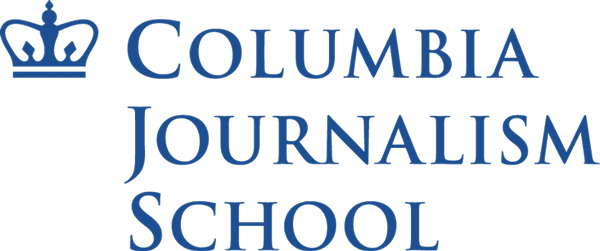 An enthusiastic crowd of thousands of former President Trump supporters repeatedly chanted “USA” inside of a packed Madison Square Garden in New York City on a Sunday evening a little more than a week before Election Day.
An enthusiastic crowd of thousands of former President Trump supporters repeatedly chanted “USA” inside of a packed Madison Square Garden in New York City on a Sunday evening a little more than a week before Election Day.
When the former president emerged onto the stage, he talked about his plans to “rapidly defeat inflation,” how he will “massively cut taxes for workers and small businesses” by ensuring that there will be “no tax on tips,” and stated how he’s been “the only president in the last 84 years that didn’t start a war.”
Before Trump took the stage, a long list of opening speakers delivered brief speeches, including billionaire Elon Musk and former Democrats Tulsi Gabbard, and Robert F. Kennedy Jr.
Kennedy ended his Democratic bid for president over the summer and requested to be taken off the ballot as an independent presidential candidate in August. During this rally, he focused a large portion of his speech on “MAHA,” otherwise known as, “Make America Healthy Again.”
“When my uncle was president, 6% of Americans had chronic diseases,” Kennedy said. “Today, 60% of Americans have chronic diseases.”
Gabbard told the crowd at the Madison Square Garden rally that a vote for Kamala Harris is a vote for censorship and a complete erosion of our fundamental and constitutional rights and freedoms.
“A vote for Donald Trump is a vote for secure borders and safe communities,” she added.
Gabbard endorsed Joe Biden in 2020.
Converting Democrats to GOP voters in this election cycle would be a huge step.
“I think the majority of Americans don’t vote necessarily down the party lines, historically,” attendee Rick Welsh said. “I think that we vote for the people who we think are going to do the best job. I think that we all change our thought processes over time.”
Welsh was not the only attendee who felt this way. Rudy Southwell, who was not a Trump supporter prior to 2024, said it is “country over party.”
“I originally was not a Trump supporter, but I think over time you can change,” Southwell said.
Another rally attendee, Tanya Assis, agreed with their sentiments about it being a matter of country over party. When talking about Kennedy and Gabbard, Assis said that she believes people trust their shift.
“They’re making a choice for the country, the health of the country, not about the party,” she said. “What makes sense, what’s logical and what’s best for the country.”
Jacob Smith, an assistant professor of political science at Fordham University, did not have the same take on this matter. He said for individuals, party affiliation is very important, especially today. Smith also hinted at the fact that Gabbard Gabbard and Kennedy demonstrated signs of not being aligned with Democratic values prior to their public switches.
“Initially, he had more favorability among Democrats” Smith said. “But as the campaign went on, when basically he was campaigning as sort of a candidate that was very similar to Trump on a lot of issues, his favorability dropped among Democrats.. Even before this, he was basically seen as being more Republican-adjacent than Democratic-adjacent.”
Attracting independent voters might be more important in this election cycle.
A Common Cause report conducted in 2023 revealed that there are more than 3.1 million registered voters in New York who are politically unaffiliated voters. The report also revealed that the majority of unaffiliated voters are college graduates between the ages of 40 and 49, whose top news source is the newspaper.
“Just because somebody’s initial take on an individual is one thing,” Welsh said. “Then you watch them perform and do what they do, that can influence and change your perspective on them.”
(Photo credit: Briannagh Dennehy)
About the author(s)

Briannagh Dennehy
Briannagh Dennehy is a full-time Master of Science student at the Columbia University Graduate School of Journalism and serves as president of the Columbia chapter of the National Association of Black Journalists.



